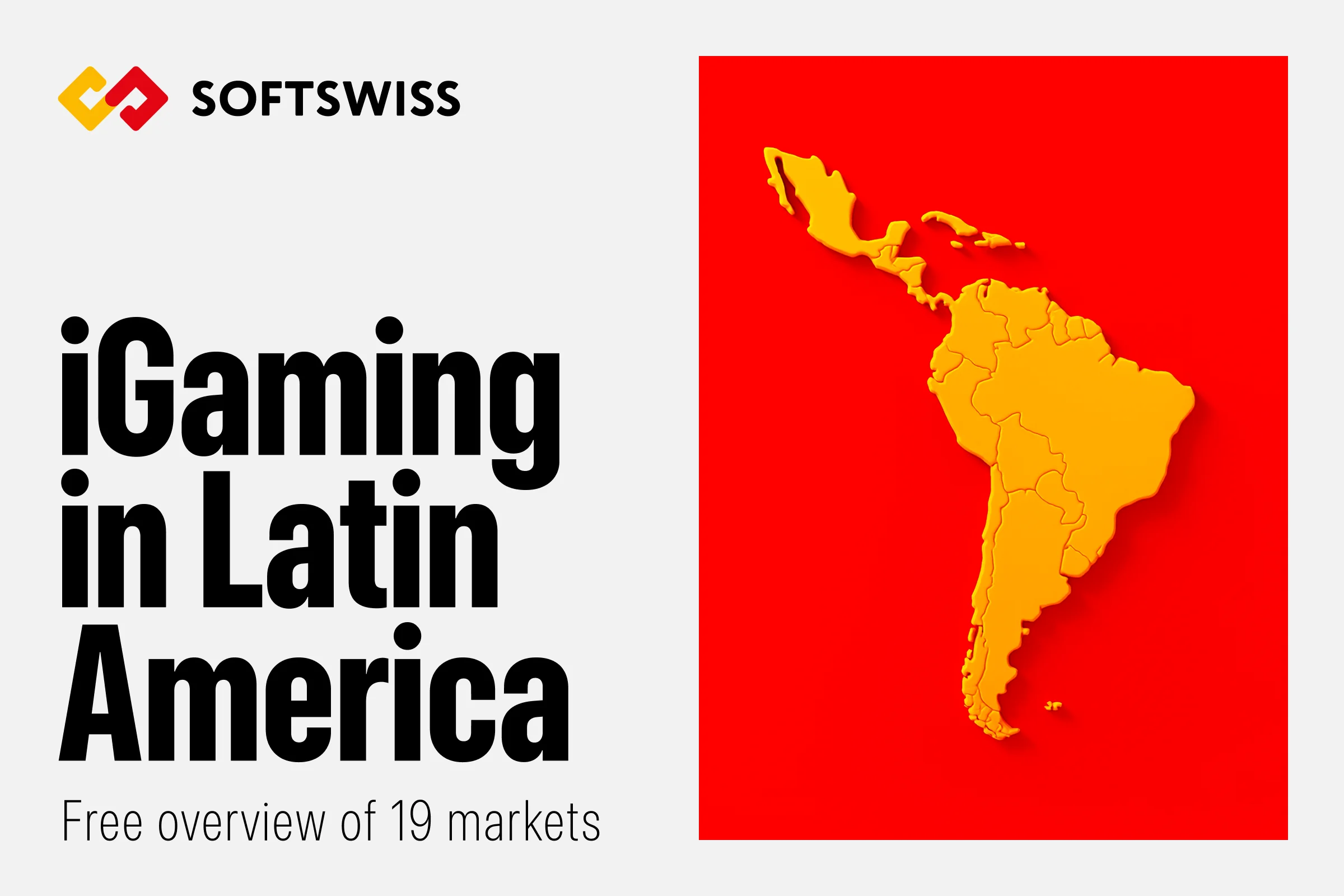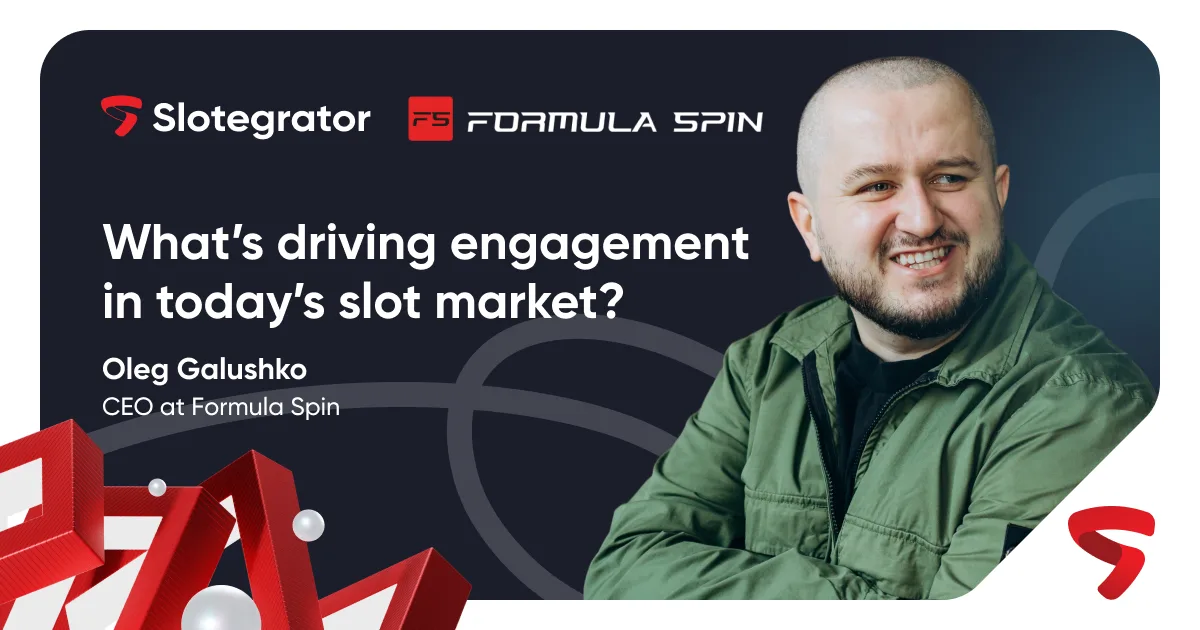New gambling laws are regularly adopted all across the EU. So, it becomes extremely difficult for casino and sportsbook operators to comply with all existing regulations.
Ioannis Lagos, a gambling consultant with over 20 years of experience in the industry and CEO & Co-Founder of Bullet Point, has shined a light on the legal side of gambling in Europe and provided advice for ops that want to launch casino or sportsbook business.
Greece has opened the online gambling market at the beginning of August. Have there been any major changes in the sector since the launch?
Although I haven’t lived in Greece for the last 10 years, I’ve been following the development of iGaming in the country. In fact, in August, the Greek gambling commission didn’t launch any law but opened the licenses. Before that, there were only 11 regulated companies in the Greek market. Now everybody who wants to operate in Greece can go and apply for a license. The license, though, is very expensive and costs €5 million for 7 years – €3 million for a sportsbook or €2 million for the casino. Generally, the law is not like, say, the English law; it’s very sloppy and very fast. The regulator is trying to fix it, but they’ve been trying to do this for the last 10 years, and the law has remained the same. So, the big changes are that only two new betting providers entered the Greek market.
From the gambling operators’ side, which European state has the best regulations?
That’s a very tricky question. It depends. When we’re talking about the regulations from the ops’ side, the operators want to work in an open market. They don’t want to pay taxes; they don’t want to pay commissions. And at the end of the day, ops don’t care so much about the player. And it is where the regulator comes to fix this relationship. I believe that the most secure and regulated country in the world is France, and then it’s England. England is doing a lot to protect the player. There are some restrictions, and if the provider follows them, it, at least, will keep the player secure.
What about Anti-Money Laundering? Which European state has the best protection against money laundering and fraud?
There is always a possibility to use gambling to do money laundering. It doesn’t depend on the country; it all depends on the banking system. And if the banking system is not protecting the gambling sector, or if there is a hole in the system, the money-laundering can occur. So, I honestly can’t tell you which country does the best job when in AML protection. Besides, it happens not only in the gambling industry; money laundering is everywhere.
Could you give some tips for operators to build efficient communication with the regulator so both sides could benefit from it?
In my opinion, some companies have been operating in this industry for years. And as you’ve been working for a number of years, it means that you’ve made a lot of mistakes: you’ve operated in the unregulated markets, you didn’t have a license, then you didn’t want to acquire a license, and so on. But let’s put all these companies aside because they’re the old-time classic companies and follow an example of gambling firms that don’t operate in the markets, where they don’t have a license. Before starting a business in a new market, they contact the local authorities and they’re building the business legally.
If you are a new company, try to avoid a Curacao license, invest a little bit more money and get a license from a country where you can operate and where can invest your money. And as your project grows, go to the next country. Yes, you’re going to pay taxes. But the gambling regulations are going to be stricter in a few years. So, it’s better to be prepared than to be blocked because you were accepting clients from countries where you didn’t have a license to operate.
Don’t you believe that companies would need big budgets to adapt to all the regulations? And won’t smaller companies have a hard time dealing with this?
There are more than 20 000 or 50 000 casinos and sportsbooks in the world. And there is always money for them because what they’re doing is they operate in non-regulated markets and they’re getting a small piece of the pie. This piece of the pie is usually 30-50 000 per month. But for a three-person job, it is an amazing salary.
Imagine that there are big supermarkets and there are small product shops. It’s always going to be like this in the gambling market, it’s not going to change. The small ops will always find a country to operate in without a license. Maybe they will lose some profit but at the end of the day, they’ll go to some country in Latin America.
Regulating is not an easy thing. Even now, I can play anywhere I want with the VPN. Then, of course, it’s up to the provider to pay me or not. And if I will $1 million, they’re going to say that I was playing with a VPN and won’t pay me. So, the player is the one taking the highest risk when going to a non-licensed operator.
In your opinion, which CIS country has the biggest development potential?
15 years ago, gambling-related events were visited by operators from either Europe, England, or Israel. But in the last 5 years, most of the companies that are attending the gambling conferences and providing something new, or at least trying to provide something new, are from the ex-CIS region. One of the most successful companies is from Belarus; there are also growing companies from Armenia but they’re not providing anything new; Russia is doing a good thing but they have big giant companies. But I believe that the next big thing, the country that will develop the best services and that is doing it already, is Ukraine. This country has a big potential.
In your opinion, how will the gambling market develop in the next few years?
Ten years ago, the dot-com model died, which meant that one company couldn’t operate all over the world with one domain anymore. So, each country is going to have its own gambling laws. And companies will need to adapt to the new laws. And I believe that it’s going to be across all operators. They’re going to have a mother company and small companies in each country, providing services to the locals. There are going to be many local businesses with good potential.
Read more: Best iGaming Aggregators












